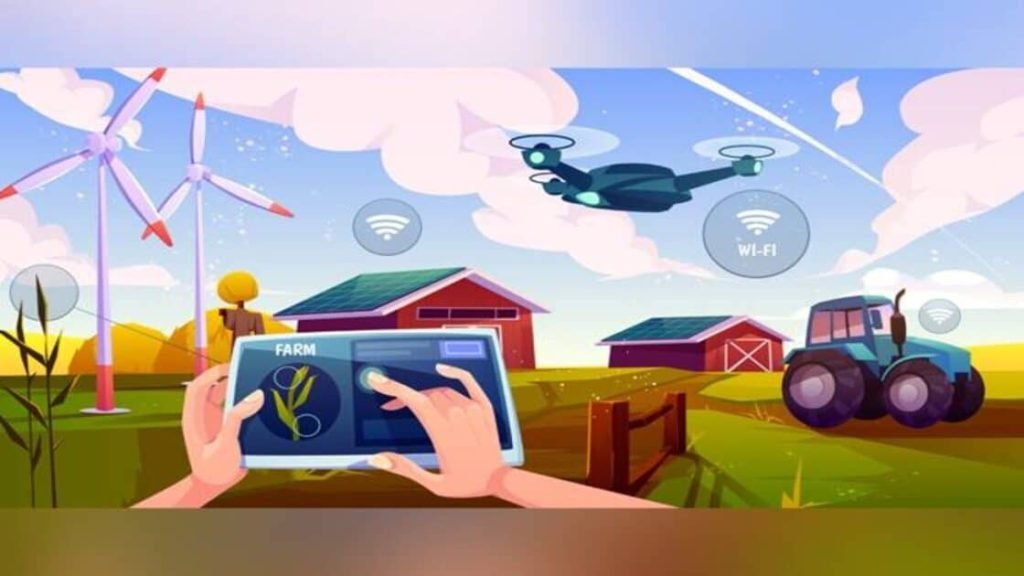It’s been announced in the UK that 2G and 3G mobile networks will be shut down by 2033 to help new telecoms suppliers build 5G and 6G networks using Open RAN, but why is this happening and what does it mean for British industry and for the future our supply chains?

Put simply, phasing out the older technologies will almost certainly boost new operators in 5G, particularly around Open RAN, and free up valuable spectrum for 6G. The move also simplifies things by removing the challenges which arise from multi-channel networks.
The intention is to strengthen and support the adoption of faster mobile networks and to further automate manufacturing using Open RAN specification. And it goes further than that as a joint ambition of the government and the network operators is for 35 per cent of the UK’s mobile network traffic to be carried over Open RAN by 2030.
What this means is that from smart farming to life-saving healthcare evolution, next-generation networks will enable new innovations to be developed and rolled-out faster and will provide greater supply chain resilience across multiple industries.
“While more can be done to accelerate the commercialisation of UK innovation in advanced connectivity, opportunities like FRANC show the willingness of our tech companies, SMEs and academic community in helping deliver the long-term aspirations of secure, resilient, open and disaggregated networks,” said Matthew Evans, Director of Markets at techUK.
“Mobile UK and its members welcome the government’s statement. Switching off 2G and 3G will enable operators to transition fully to more energy efficient and high capacity networks to the benefit of customers. We are also working with government and wider industry to support the maturity of new RAN solutions to open up further opportunities for innovation and new services in the future,” said Hamish MacLeod, Director of Mobile UK.
“Diversification and interoperability are key themes driving UK capabilities in advanced digital technology and we are pleased to expand Sonic Labs’ role in delivering fast, secure and reliable connectivity,” said Joe Butler, Chief Technology Officer at Digital Catapult.
“We look forward to expanding access early next year to our testbed network to companies looking to experiment with and test new products and services. This move will help us reach more businesses to prepare them for the digital future.
The government has agreed with Vodafone, EE, Virgin Media O2 and Three that 2033 will be the date by which all public 2G and 3G networks in the UK will be switched off, although individual operators may move faster than this.


